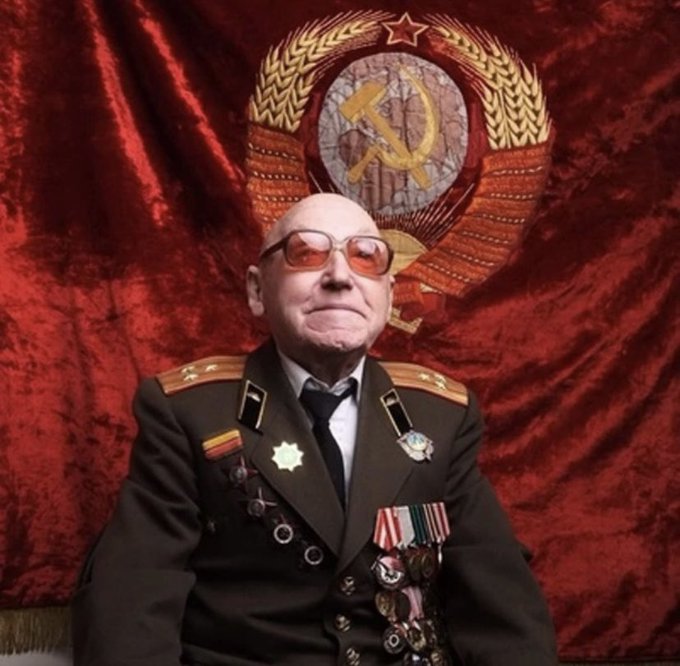Deadstick
Platinum Member
Great anniversary, some fascists would call him a criminal, those Nazis never got over losing the war.Today, January 22, Valentin Roslyakov, a veteran of the Great Patriotic War, celebrates his 108th birthday.
In 2022, Roslyakov entered the Russian Book of Records as the oldest living participant of the Great Patriotic War.

